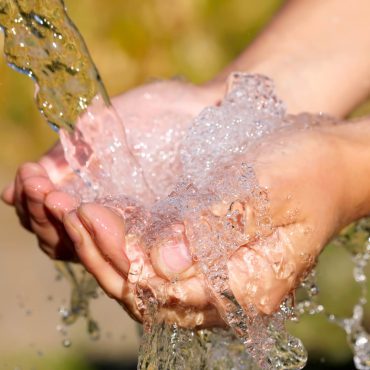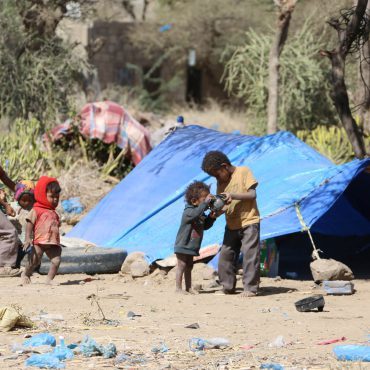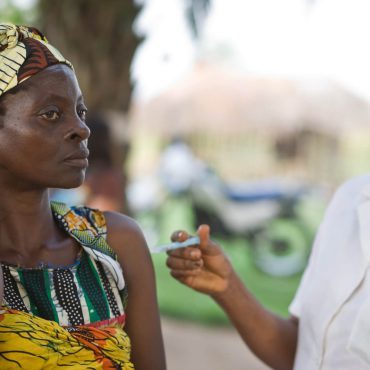donation functionality
Foundation Capacity
Noah Foundation in its capacity operates as the grant-making division of the organization. The division seeks to engage and partner with the humanitarian response community, government, business leaders, corporations,policymakers, and philanthropist across the globe to lift those in extreme destitute out of poverty and to create free and flourishing civil societies that Empower and Elevate Human Dignity.
Through the division’s grant-making programs, the foundation’s funding thresholds are focused within 7 Priority Funding Sectors.
justice & human rights
Housing-Affordable Sustainable Housing.
policy & advocacy
health & nutrition
Disaster Relief & Environmental Stewardship
Community Development
Infrastructure Development
Donation Functionality
food security
clean water
sanitation
Sustainable
Agriculture
The Challenge
The Global Health and Nutrition initiative is a complex humanitarian issue linked to health through malnutrition, but also to sustainable economic development, environment stewardship, and trade. Agriculture remains the largest employment sector in most developing countries and International agriculture agreements are crucial to a country’s food security.
However many farmers produce barely enough food to feed their families. Unable to generate a surplus, they have no income to buy the inputs that can enhance their crop yields — even though it would take only modest investments and improvements in farming practices to triple or quadruple their current levels of production. Furthermore, the lack of food security, clean water, and functional sanitation infrastructure systems contributes to the death of several thousands of children each year. Scaling up effective nutrition solutions will cost an estimated US$11 billion annually, according to the World Bank.
This includes US$6 billion annually for high-quality food to treat malnourished children.
Donor and developing-country commitments to nutrition programs currently fall far short of this mark, but the global community is coming together in the Scaling Up Nutrition (SUN) movement to raise awareness, increase resources, and improve the capacity and accountability of programs.



we are at
the hands of grace
the Strategy
Noah Foundation is committed to creating a more sustainable and healthful food supply and to raise awareness concerning food issues. This is realized through the support of family farmers and their communities, educators and programs that teach younger generations about food matters, along with support for ranchers and farmers who are working to develop more sustainable practices.
Noah Foundation seeks to support organizations that help with immediate food security needs, like food banks and cooperatives that can leverage a city-wide network of collaborators to meet the overall need of lack of food security, including food deserts. Noah Foundation seeks to also fund groups that improve sanitation issues through waste treatment (municipal incinerators) and resource recovery.
Noah Foundation adopts the strategy of building global demand for better sanitation, which also includes efforts to end open defecation in rural areas and to implement improved measures for collecting waste, removing pathogens from waste streams, and recovering valuable resources and energy. Because the innovations we support can be most immediately valuable in densely populated areas, the main focus is on urban sanitation and the public policies that can support new sanitation delivery models in cities.
Our priorities include identifying and testing delivery models that governments and the private sector can use to extend quality service to all residents of a city, not just those in wealthier neighborhoods. Ultimately, improved sanitation will be a key to ensuring healthy, sustainable cities in the developing world, and the approaches that prove successful can then be adapted and extended to rural communities.
INFRASTRUCTURE DEVELOPMENT
The Challenge
Sound quality infrastructure is a key ingredient for sustainable development. In many developing countries basic infrastructure (power, water, sanitation, information and communications technologies, and roads) is either failing, insufficient, or non-existent.
Inadequate access to infrastructure is a key barrier to economic growth. It inhibits access to health care, education, and markets.
Growing economies need efficient transport,sanitation, energy and communications systems if they are to prosper and provide a decent standard of living for their populations.
Further infrastructure is also fundamental to human development, including the delivery of health and education services. Public Health infrastructure is fundamental to the provision and execution of public health services at all levels. A strong infrastructure provides the capacity to prepare for and respond to both acute emergency and chronic ongoing threats.
Infrastructure is the foundation for planning, delivering, and evaluating public health.
The Strategy
Noah Foundation aims to engage in supporting infrastructure policies, investment and services in developing countries.
The foundation’s infrastructure program will seeks to fund the
design and construction of energy, roads, communications, public health, and water infrastructure. The goal of the program is to identity and implement sustainable and innovative infrastructural networks—both to increase poor people’s access to crucial services and to provide an environment conducive to sustainable economic growth.
Noah Foundation seeks to work in partnership with country stakeholders and other aid donors
to improve transport as a means of achieving the broader goals of reducing poverty, creating sustaining economic growth and stimulating social development.
support Us
IMAGINE YOUR IMPACT WITH DONATION

